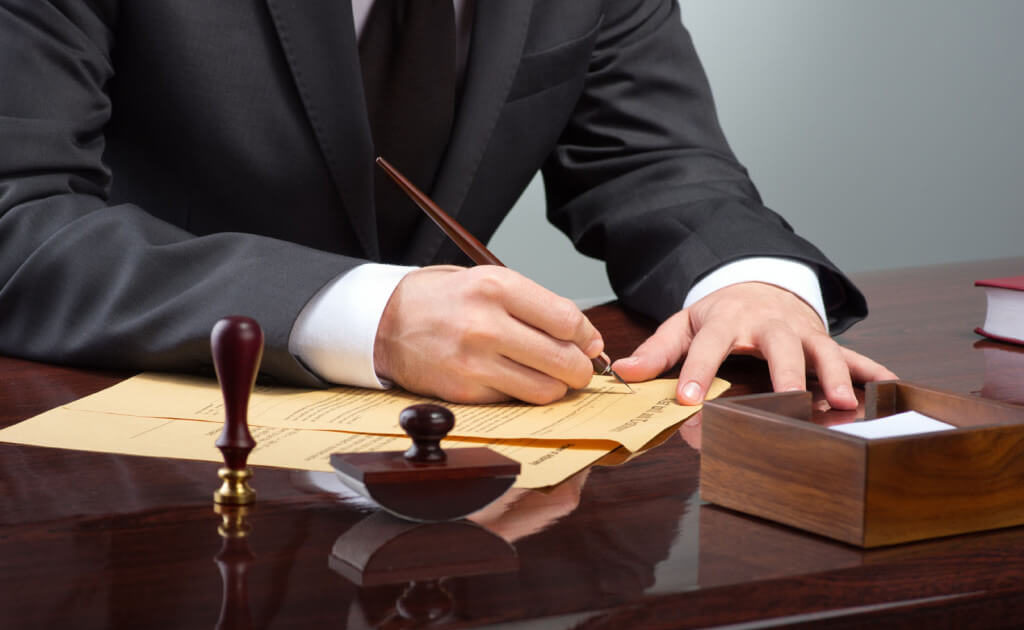EU/EEA nationals and their families
-
May 28, 2018
- Posted by: admin

EEA nationals and their family members and extended family members may be able to reside in the UK, and acquire permanent residence and ultimately naturalise as British Citizens.
The EEA national will need to be economically active, ie exercising Treaty rights. This means working, self employed, studying, self sufficient, looking for work. In some situations EEA family and extended family members may have a right to stay in the UK even if the EEA national is no longer in the UK or exercising Treaty rights. These are known as Retained and Derivative rights of residence.
EEA nationals and their family members can apply for residence documents as proof that they have the right to reside in the UK. These are residence certificates for EEA nationals, and residence cards for non EEA national family members and extended family members. Extended family members do need a residence card and in the current climate of uncertainty following the Brexit vote it is advisable to have a document even when not strictly necessary.
If outside the UK, non EEA family members and extended family members will need to apply for an EEA family permit.
EEA nationals and their family and extended family members can acquire permanent residence and after a year with permanent residence may be able to naturalise as British Citizens.
Our specialists in EU law can advise you and your family members on your rights to live and work in the UK, on the steps that can be taken to obtain the relevant documents confirming your rights and safeguarding your future.
We frequently assist EEA nationals whose applications for residence documents have been refused and have a great deal of experience in assisting EEA nationals facing deportation. Despite UK Immigration and Visas taking an increasingly tough approach, at Lupins we continue to have a successful track record for our clients.
The following is a basic overview. Please remember there is no substitute for seeking advice directly from one of our experts, as every case is different and the law and political climate is constantly changing.
